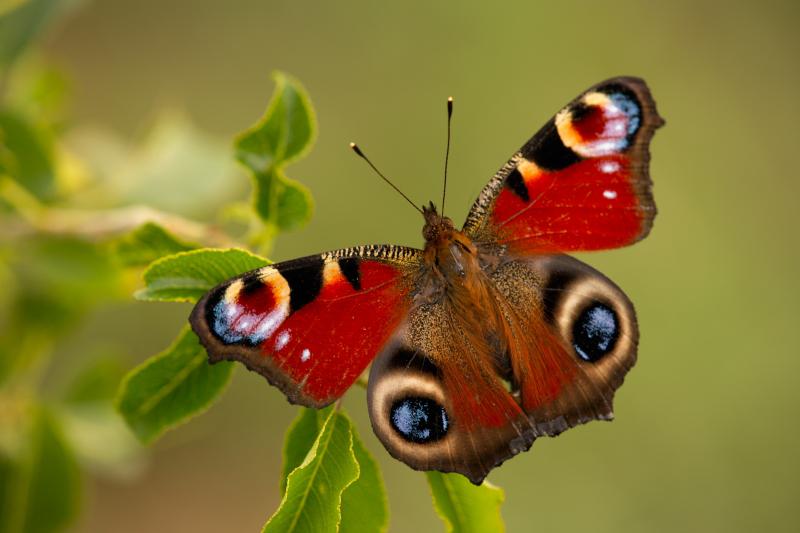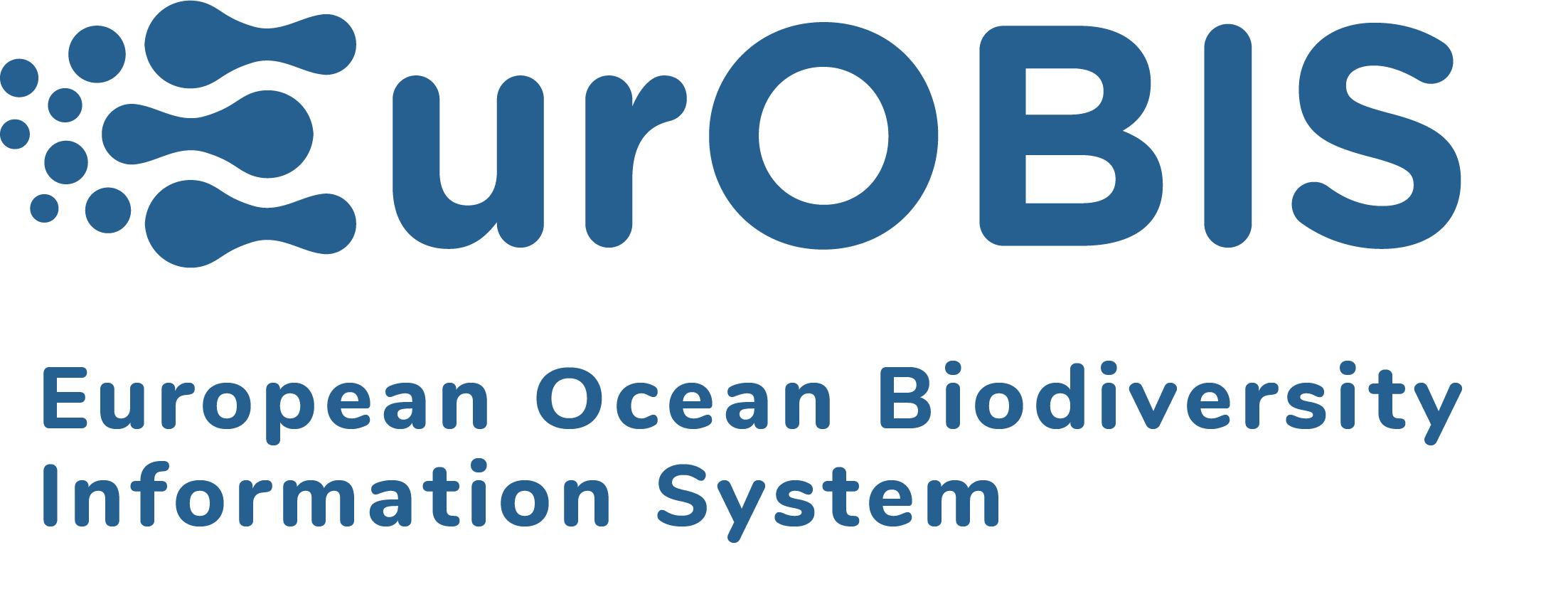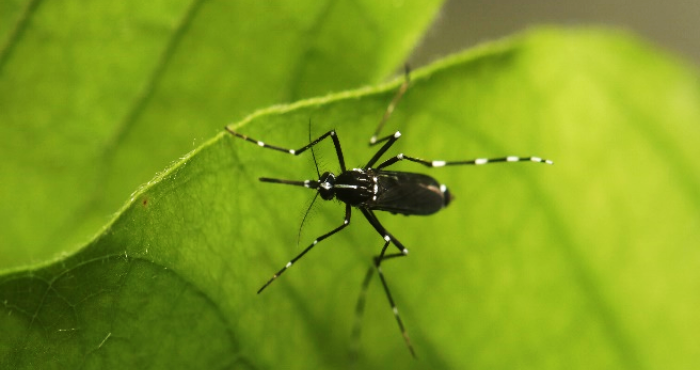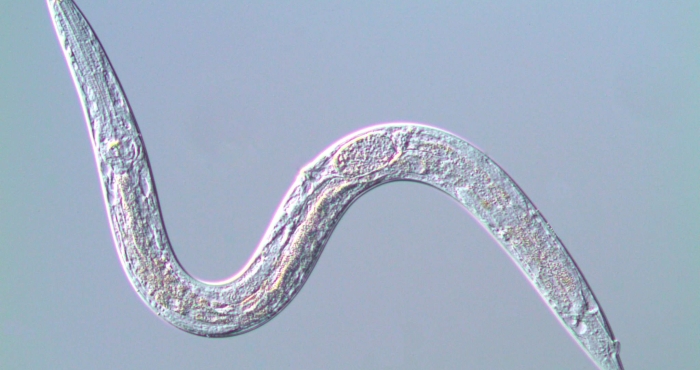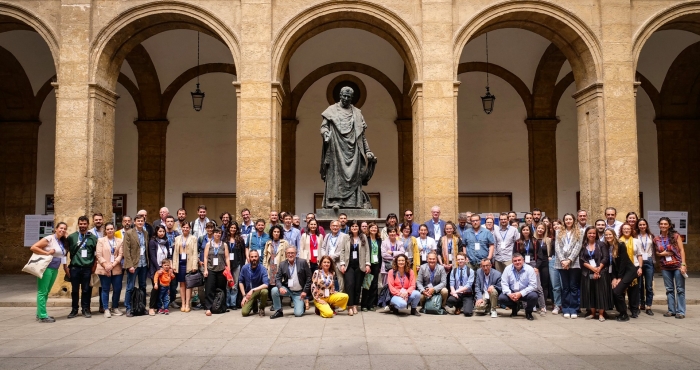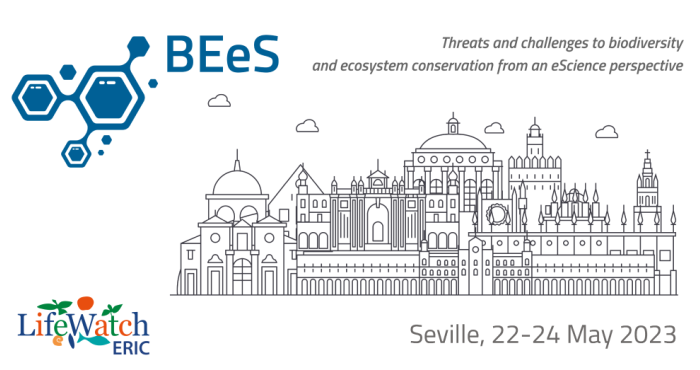
Insects
The Asian hornet (Vespa velutina), an invasive wasp from south east China, was accidentally introduced in France in 2004. Since then, it has been rapidly spreading in Western Europe. The species first appeared in Flanders in 2017. The species represents a new threat to honeybees, endemic pollinators and biodiversity in general. A direct result of their increasing abundance is a negative impact on ecosystem services such as pollination. Asian hornets build large nests up to 1 m in height, producing several thousands of individuals per season. The workers are generalist feeders and collect a wide range of insects to feed to the larvae in the nest. Because of its impact on biodiversity, the Asian hornet is included on the European list of invasive alien species of concern.
Why do we study insects
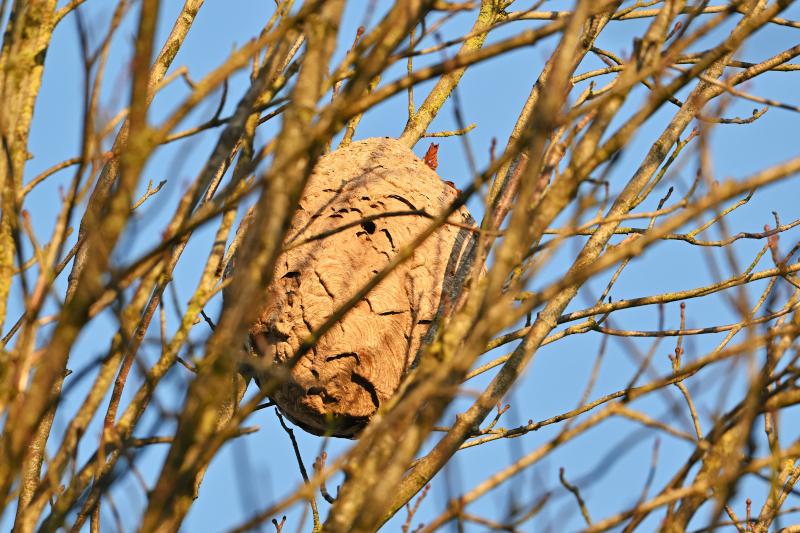
In order to mitigate the rapid colonisation of Asian hornets, it is important to document the invasion of this species. In 2018, the project Vespa-Watch was granted through the citizen science program of EWI. The project was a collaboration between INBO, Honeybee Valley and Ghent University. The aim of the project was to build a citizen science platform where citizens - in the first place beekeepers, firefighters, nature lovers, and agricultural schools - can help to monitor the invasion of the Asian hornet in Flanders. This is done by reporting potential sightings (individuals or nests) of the Asian hornet to the website vespawatch.be. These reports were initially synched to iNaturalist, a global citizen science platform for nature observations. On this platform, the data was validated by the iNaturalist community of volunteers. Validated data was synched back to vespawatch.be after which the management outcome was defined per nest within the management module. Validated observations (whether of Asian hornet or any other species) are published weekly as open data on GBIF, a global aggregator for biodiversity data.
What we do in LifeWatch
Despite the success and policy relevance of the Vespa-Watch project, some issues arose for the long-time maintenance of the application. The project was funded until 2019 by EWI and during the project, an operational application was launched. Nevertheless, maintenance funding is needed to keep the website operational in the long run. Also, we had to review the use of iNaturalist as a platform for aggregating Asian hornet observations collected through the Vespa-Watch website. In order to keep the website online and operational, the INBO provided funding. Since January 2023, LifeWatch also supports Vespa-Watch by in-kind contributions of LifeWatch personnel for the development and maintenance of the application. As we can no longer use the iNaturalist platform for aggregating observations reported through the website, another reporting tool has been developed.
